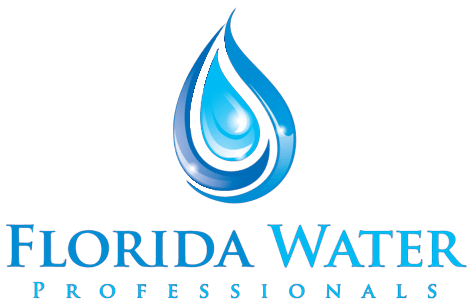More homeowners are turning to drinking water filters as a simple yet powerful solution for safer tap water. Your tap water contains invisible contaminants that affect your health, appliances, and food preparation. Installing reliable drinking water filters in your home is a smart idea.

- Chlorine and Chloramine Residues. Many municipalities use chlorine or chloramine to disinfect public water supplies, affecting your water’s taste. Drinking water filters neutralize these residual chemicals, making drinking your water more pleasant.
- Lead from Aging Plumbing Systems. Older homes often have lead pipes or fixtures that leach this dangerous metal into the water supply. High-quality drinking water filters significantly reduce or eliminate lead levels, providing extra protection for your household.
- Pesticides and Herbicides. Runoff from nearby agricultural areas introduces harmful pesticides and herbicides into groundwater and, eventually, your tap. A well-maintained drinking water filter helps to block these contaminants before they reach your glass.
- Volatile Organic Compounds. These industrial pollutants enter water supplies through manufacturing waste and old landfills. VOCs are known to cause a variety of health problems, including liver and kidney damage. The right drinking water filters trap and remove these toxins.
- Microbial Contaminants. Even treated water sometimes carries microorganisms such as Giardia or Cryptosporidium. These pathogens lead to gastrointestinal illness and other infections.
Investing in drinking water filters is a proactive step toward safeguarding your family’s health. If you’ve never had your water tested or are unsure what might be in your tap, it’s time to find out. Let our expert team help you select the best filtration system for your needs to enjoy cleaner, safer water every day.

